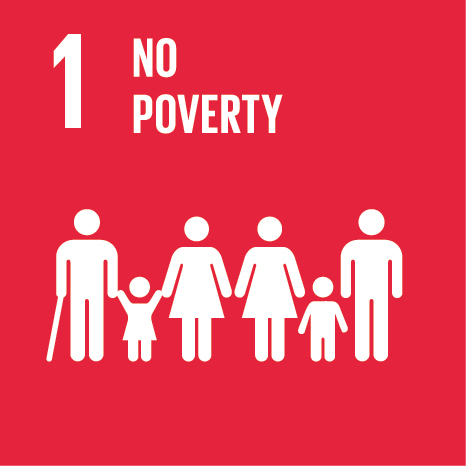Ciência_Iscte
Publications
Publication Detailed Description
ANZMAC 2022: Reconnect & Reimagine: Conference Proceedings
Year (definitive publication)
2022
Language
English
Country
Australia
More Information
Web of Science®
This publication is not indexed in Web of Science®
Scopus
This publication is not indexed in Scopus
Google Scholar
This publication is not indexed in Overton
Abstract
As societies become aware of environmental issues, a large portion of consumers are adopting more
sustainable lifestyles and refraining from buying certain products (EIB, 2021), with environmental
motives predicted to be the top choice criteria for as much as 55% of consumers in the next five years
(betterRetailing.com, 2021). An area of particular dispute in literature is between adopting self-oriented
(e.g., related with improving our social/self-identity) or altruistic (e.g., environmental-related) motives
for explaining sustainable consumer behaviors (SCBs). In particular, social norms (SN) and
environmental concerns (EC) are the two most frequently assessed predictors of SCBs according to our
exploratory literature review, yet with contradictory findings.
The aim of this study is to examine whether consumers, confronted with choosing between
environmentally sustainable and non-sustainable products, show higher consideration for social self-enhancement,
or environmental motives, and observe to what extent does that influence differs across
green categories. We address the following research questions:
RQ1: Which green product categories are spontaneously mentioned by consumers?
RQ2: To what extent did social and/or environmental factors influenced their choices?
RQ3: What other motivations and barriers may affect SCBs?
Acknowledgements
--
Keywords
Fields of Science and Technology Classification
- Economics and Business - Social Sciences
Contributions to the Sustainable Development Goals of the United Nations
With the objective to increase the research activity directed towards the achievement of the United Nations 2030 Sustainable Development Goals, the possibility of associating scientific publications with the Sustainable Development Goals is now available in Ciência_Iscte. These are the Sustainable Development Goals identified by the author(s) for this publication. For more detailed information on the Sustainable Development Goals, click here.

 Português
Português




